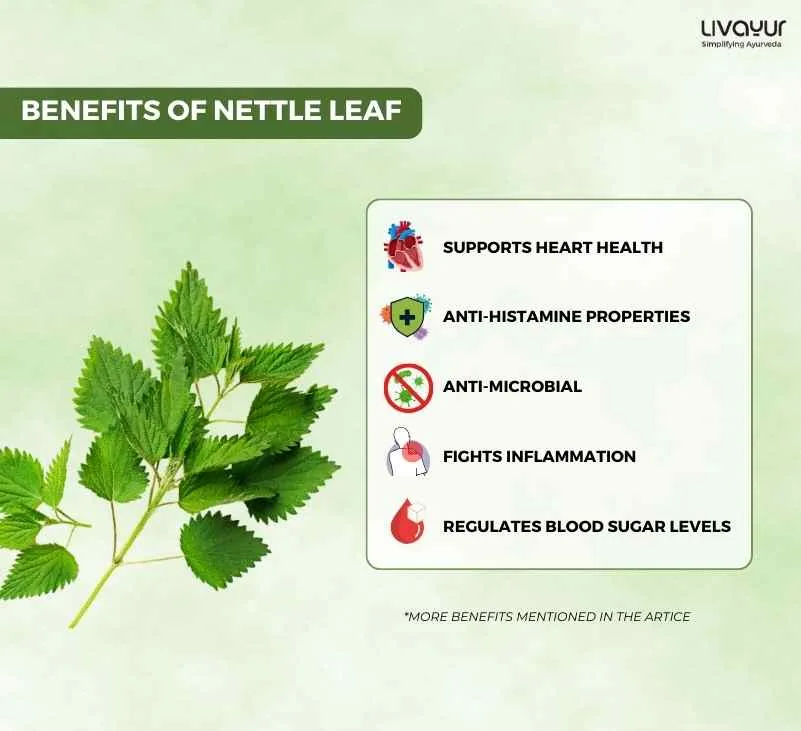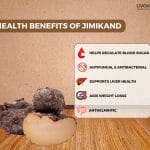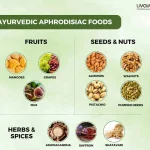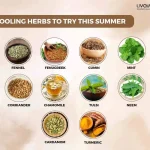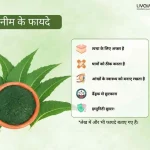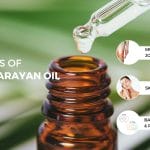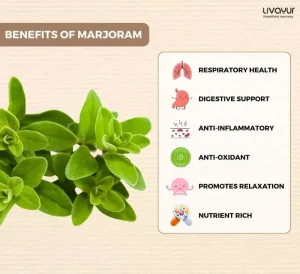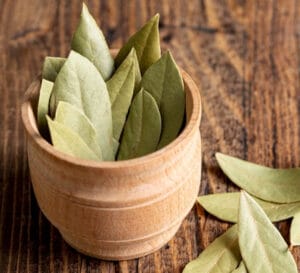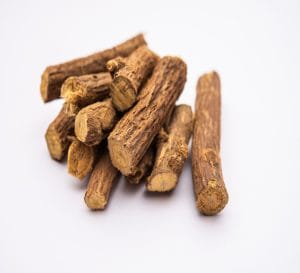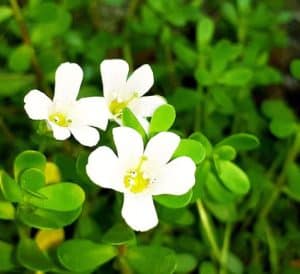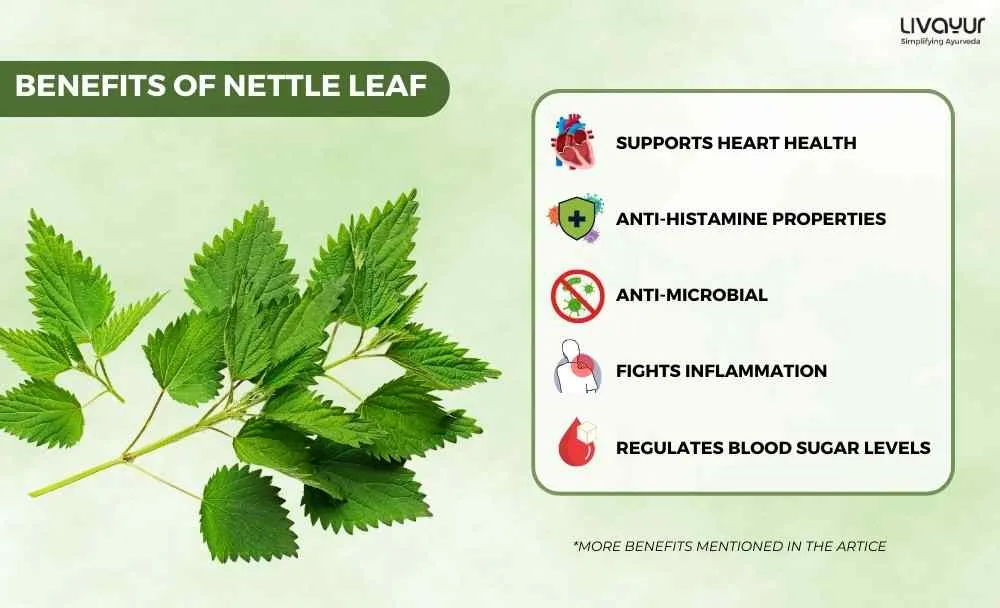
Nettle leaf, scientifically referred to as Urtica dioica, had been a part of traditional medicines for many centuries. Stinging, serrated hairs on its leaves and stems stand out as a distinct feature of the nettle leaves. [1]
To know ‘what is nettle leaf’, you must first understand the reason behind the nomenclature stinging nettle enjoys. The word ‘Nettle’ has its origin in the Anglo-Saxon word ‘Noedi’, which means ‘needle’. When the Nettle leaves are rubbed against your skin, you get the feeling of being pricked by several needles, and that explains why stinging nettle has been named ‘Noedi’ or ‘Needle’ [1] Nettle leaf in Hindi is called ‘bichhua pattee’ probably because of the bee-like sting it gives to your skin.
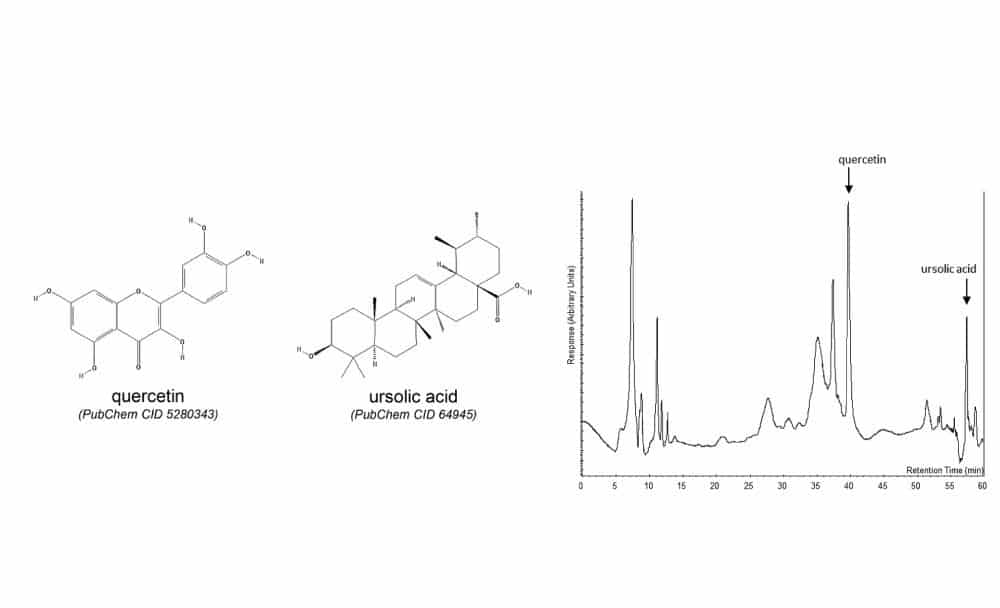
From the perspective of Ayurveda, nettle leaf acts as a rejuvenating (rasayana) elixir with immense curative powers. It enhances the ojas (vitality), offering one with the nutritional support needed during recovery from some illness. This herb is also considered useful in clearing out Ama (toxins from the undigested food) and other harmful wastes from the human body through bowel movements and urinary tract flushes (mutravaha srotas).
Nettle Leaf: A store-house of nutrients
Before we talk about the other benefits of Nettle Leaf, we must understand what nutrients the Nettle leaf is blessed with.
Nettles have a huge number of useful biologically-active compounds. For instance, the Nettle leaves are rich in carotenoids, fatty acids, and terpenoids, as well as in multiple vital amino acids, vitamins, minerals, chlorophyll, tannins, isolectins, sterols, carbohydrates, and polysaccharides. Nettle extracts from the plant’s aerial parts are high in polyphenols, while those lying underground, i.e. the roots are high in compounds such as steryl glycosides, sterols, and oleanol acid. [1]
Nettle Leaf Benefits
Being a nutrients-dense herb, Nettle leaf comes with various Nettle leaf benefits for one’s body. Read below to learn:
Supports Cardiovascular Health
Homovanillyl Alcohol present in the Nettle herb has a preventive action with respect to Cardiovascular health. [1]. This compound can also protect the red blood cells against oxidative stress.
Suppresses Allergic Reactions
One of the prominent Nettle leaf tea benefits is that it can affect certain enzymes & receptors involved in seasonal allergies. Anti-histamine properties of the herb can help in managing annoying allergic symptoms like itchy skin, sneezing, and runny nose. [1]
Anti-microbial properties
Nettle leaf has some potent phytochemicals showing remedial action against Gram-positive and negative bacteria. Therefore, the herb is effective against bacterial infections. [1]
Treats Inflammation
Stinging nettle can fight inflammation and reduce inflammation-induced aches and pains. Intake of Nettle leaf tea and other nettle leaf products can treat inflammatory conditions, such as rheumatoid arthritis. By suppressing cytokine production in the body, this herb can treat inflammation. [2]
Has anti-diabetic effect
One of the Nettle leaf benefits is that it can help patients with Diabetes, especially Type 2 Diabetes. [3] The herb can stimulate the pancreas to secrete more insulin, thereby regulating blood sugar levels.
Alleviates symptoms of benign prostatic hyperplasia (BPH)
Taking Nettle leaf supplements can help manage the urinary incontinence associated with BPH. [4]
Some other Nettle leaf benefits include:
- Treats Urinary Tract Infections
- Treats anemia
- Treats asthma
- Treats eczema
- Treats brain disorders caused due to aging
Nettle Leaf Uses
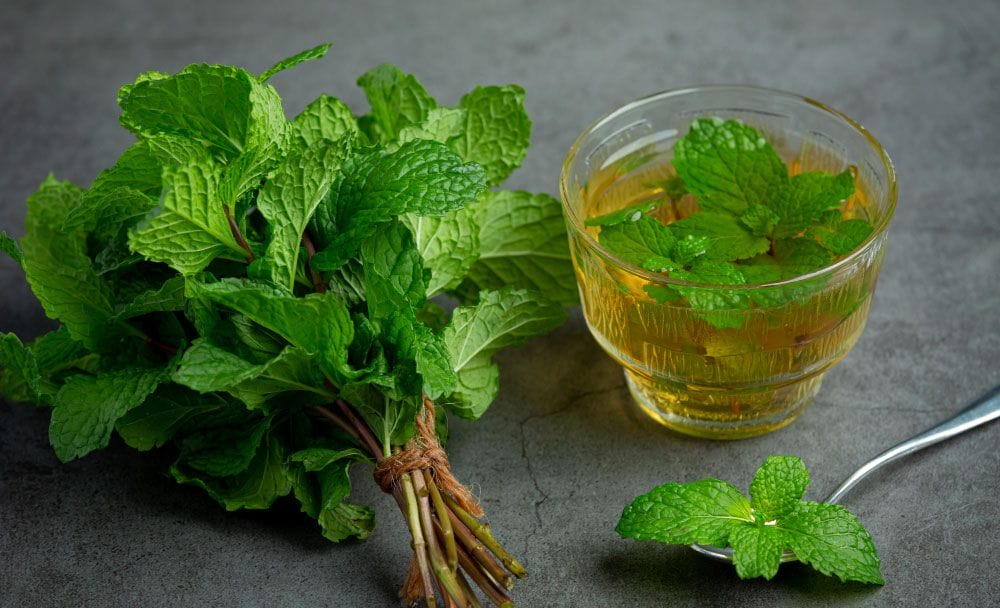
Nettle leaf has uses in pharmaceutical, dietary, and food industries. The herb may be used in dried and powdered form, as pills and juices, or as herbal tea (an infusion prepared by exposing the Nettle leaves to hot water). The leaves can be freeze-dried too. You can also use the herb by grinding it into a smooth paste and applying topically. Nettle leaf creams, too, are available these days.
Nettle Leaf Side-Effects
It is more or less safe to consume Nettle. However, some reported side effects could be diarrhea, stomach issues, urinary issues, rashes or hives, and excessive sweating. Pregnant women and kids should not be given Nettle as official safety regulations are lacking for these groups.
How To Make It A Part Of Your Daily Life
- Nettle leaves can be purchased fresh from the market and dried in open air or freeze-dried for storing the herb for a long time. After drying, it can be rolled into small pills and swallowed with water.
- Tender Nettle leaves may be consumed by wilting or steaming them.
- Nettle leaves may be infused to make herbal tea which tastes like vegetable broth.
- Nettle tincture may be prepared too.
FAQs
- What are the terms used to describe Nettle leaf in India?
In India, Nettle is known as ‘Bicchu Buti’ and ‘Bichhua Pattee’.
- Are Nettle leaves good for your hair?
Yes. Nettle infusions can nourish your scalp and hair and remove dandruff. The herb can also bring about hair regrowth.
- Can Nettles treat the pitta dosha?
Because of their astringent and bitter taste, Nettles can treat pitta doshas and promote overall health.
Conclusion
This article has informed you about the Nettle leaf benefits and how to use it daily. Nettle preparations can improve your health and give you a disease-free life. Embrace Nettle herb not for its sting but for its many health benefits.
Disclaimer:
The ultimate purpose of this article is to provide information about the Nettle herb. This information is not meant for diagnosis, treatment, or disease prevention.
References:
- Urtica spp.: Ordinary Plants with Extraordinary Properties
- Plant extracts from stinging nettle (Urtica dioica), an antirheumatic remedy, inhibit the proinflammatory transcription factor NF-kappaB
- The effect of nettle (Urtica dioica) supplementation on the glycemic control of patients with type 2 diabetes mellitus: A systematic review and meta-analysis
- Urtica dioica for treatment of benign prostatic hyperplasia: a prospective, randomized, double-blind, placebo-controlled, crossover study




